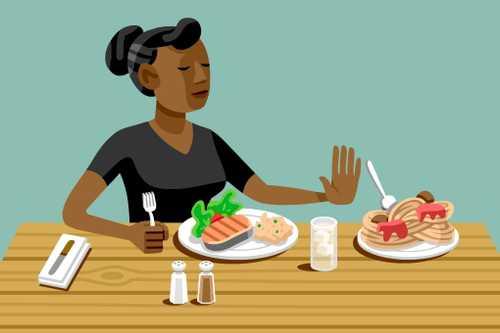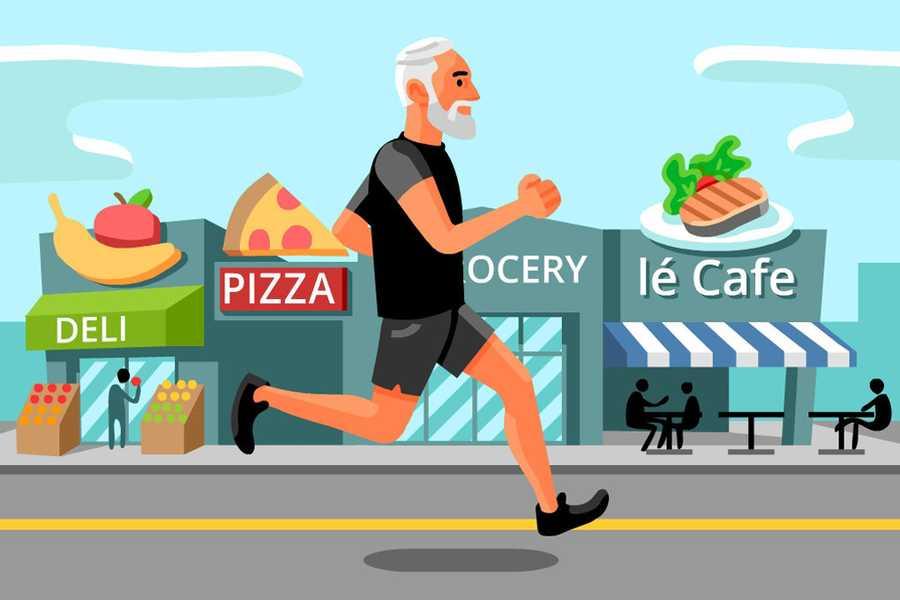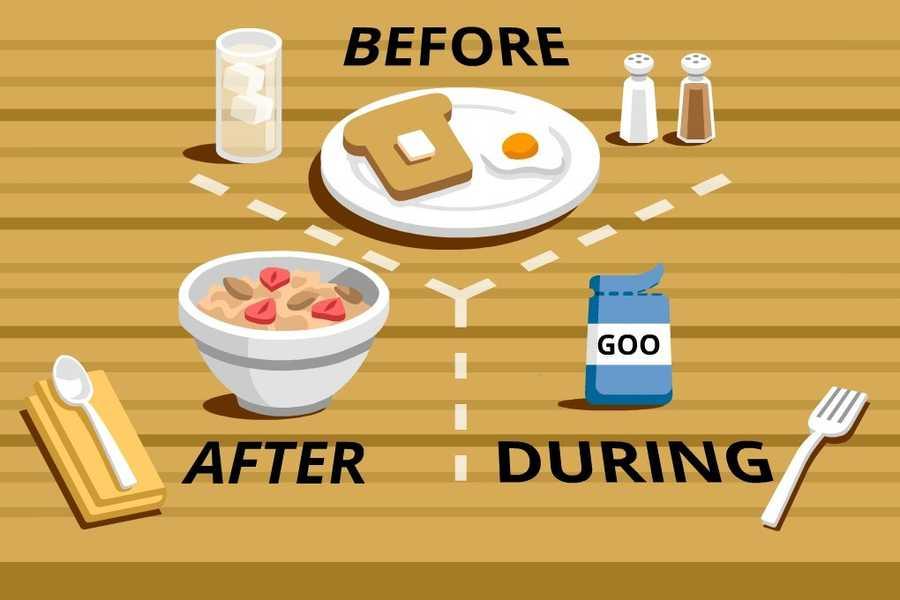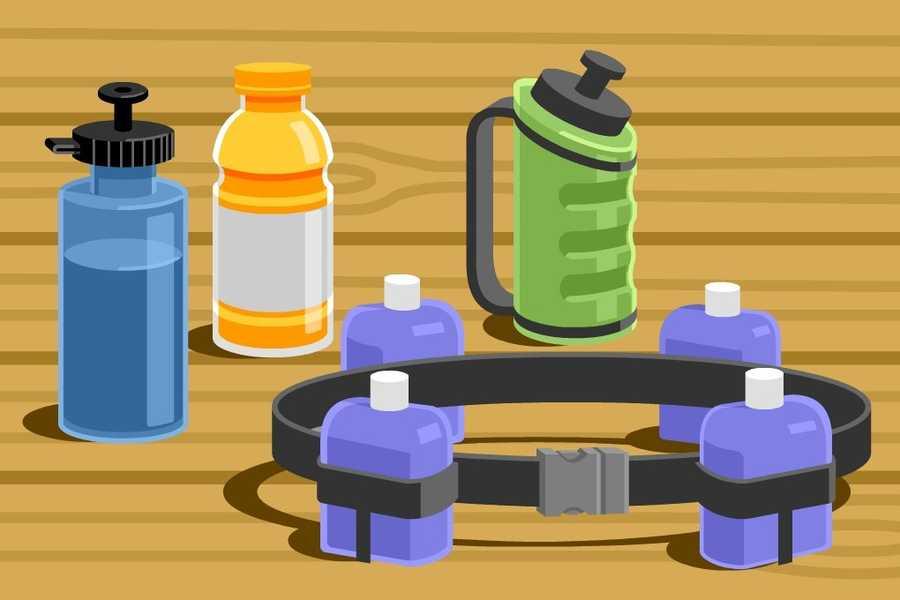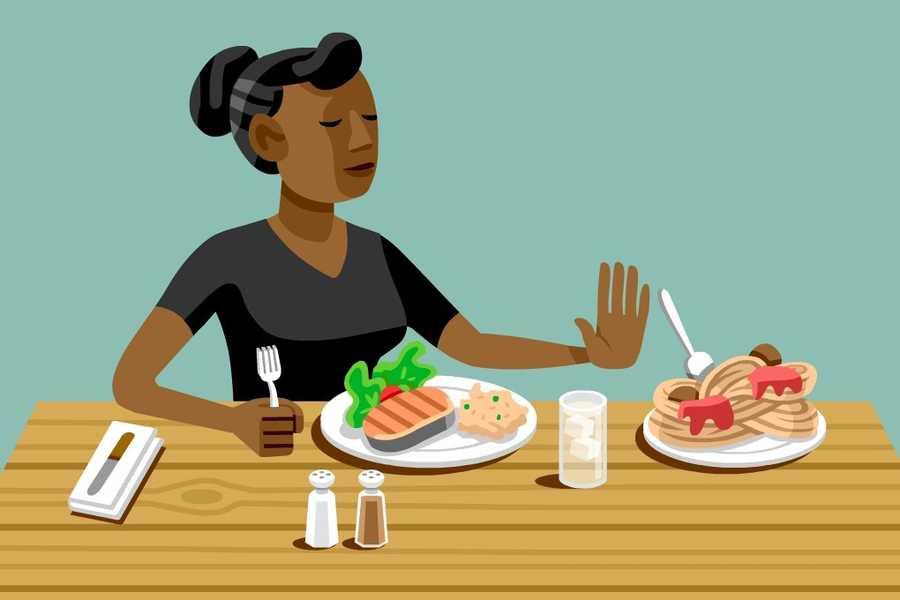Explore the World's Best Ideas
Join today and uncover 100+ curated journeys from 50+ topics. Unlock access to our mobile app with extensive features.
For runners, food is fuel
Aspects about nutrition to consider are:
- When and what you should eat before, during and after your runs.
- What you should drink, and how much.
If you are starting to train for a long-distance race, there are tips that can guide your eating habits.
74
2.71K reads
Three simple food rules
- Eat more nutrient-rich food. During marathon training, you are burning more calories and need to replace them.
- Fight the hunger. If you feel hungry all the time, a dietary change can help. Protein stabilizes your blood sugar and helps you feel fuller longer. Instead of eating three meals, divide the same amount of food into five smaller portions.
- Try and try again. Experiment with different types of food and when to eat them to see what works best for you.
76
395 reads
Food as fuel
Food powers your runs. The right kind of fuel will help your run strong, while the wrong fuel can hold you back.
Muscle cells have two primary sources of fuel: sugar and fat.
- Sugar: Dietary carbohydrates are broken down into simple glucose - a form of sugar. The glucose not immediately used is stored as glycogen in the muscles and liver for later use.
- Fat: Stored body fat is an excellent fuel source during endurance exercise. Running regularly enables your body to use fat as fuel.
72
282 reads
Carbohydrates for endurance runners
- What they do: Carbs are like "jet fuel for muscles." Your body breaks down carbohydrates to make glucose that is burned to move you.
- Why you need it: Simple carbs like fruit, sports drinks, goos and gels give immediate energy. But your body can't absorb all the carbs at once; that's why long-distance runners also take in complex carbs such as pasta, oatmeal, potatoes and cereals.
- How much is enough: Endurance athletes should aim for 60 to 65 per cent of their calories from carbs.
73
251 reads
Fat for endurance runners
- What it does: Stored body fat is a source of energy for endurance exercise. Dietary fat helps your body to absorb vitamins.
- Why you need it: Fat is a backup source of fuel for when you run out of carbs.
- When to eat it: Anytime, but a fat-rich meal is not quickly converted to fuel, so it is not best right before a run.
- Where to find it: Eat a mix of fats: saturated fats found in butter, red meat, dark meat chicken. Polyunsaturated fats found in seed, fish and avocado. Monosaturated fats found in olive oil, avocados and some nuts.
77
185 reads
Protein for endurance runners
- What it does: Protein is a muscle builder or re-builder, not a fuel source.
- Why you need it: Your muscles break down as you run, and protein helps to build it up again.
- How much is enough: Women should eat 20-25 grams three times a day, while men should eat 25 - 30 grams per meal.
- When to eat it: Eat protein within 20 minutes after a workout.
- Where to find it: Fish, chicken, beef, beans, pork, dairy, eggs, quinoa, soy, barley, and protein powder.
73
183 reads
Fruits and vegetables
- What it does: Fruits and vegetables are other forms of carbohydrates and contain vitamins and minerals.
- Why you need it: Its antioxidant and anti-inflammatory properties seem to help ease muscle soreness and limit injuries.
- When to eat it: Anytime.
- Good sources: The best anti-inflammatory sources are berries (blueberries, strawberries, raspberries), stone fruits (peaches, plums, cherries, and vegetables (kale, sweet potatoes, red bell peppers.)
75
159 reads
Time your food
- Before a run: For runs under an hour, don't worry too much much about what you eat beforehand. For long runs, eating easily digestible carbohydrates in the hour before exercise helps to work out longer.
- During a run: A bottle of water is sufficient for a run shorter than 45 minutes. For a longer run, carbohydrates and fluids are necessary, such as sports gels or a banana. Try to eat or drink every four miles.
- After a run: Eat immediately after an intense or long run, such as chocolate milk, whole-fat yoghurt and fruit, a smoothie, or a peanut butter and banana sandwich.
76
176 reads
Staying hydrated
- Water: Drink when you are thirsty.
- If you are concerned you are not drinking enough, check your sweat rate. Weigh yourself before and after a long run. The difference will determine how much weight you lost in fluid.
- Too much water: Drinking too much fluid can be harmful. Hyponatremia happens when someone drinks too much liquid that their body can't get rid of through sweat or urination. In some instances, this can be fatal.
74
158 reads
Common food myths
- Myth: You will lose weight when you run. In reality, running will release hormones that will increase your appetite.
- Myth: Carb-loading is essential before a race. Carbs eaten days earlier or for breakfast do not seem to impact performance. It can help if you eat them a whole day before a race.
- Myth: Low-carb-high-fat diets will improve performance. There is little evidence to support this.
- Myth: You need prepackaged energy products to run. You can make your own fuel. Natural energy foods include raisins, dates or dried cherries.
72
172 reads
Make your own sports drink
The combination of sugar and salt is essential as the glucose accelerates the body's uptake of the solution, increasing rehydration.
- 2 cups (480ml) water or coconut water
- 1/2 teaspoon sea salt
- 4 teaspoons honey or white granulated sugar
- 1 large slice lemon or lime.
- For other flavours, add 1 tablespoon fresh mint, half a cup of fresh berries, or half an orange.
Mix all the ingredients, pour into water bottles and keep chilled until ready to use.
79
166 reads
Make Your Own Energy Shots
BERRY MAPLE
1/3 cup dried blueberries
2/3 cup boiling water
2 tablespoons pure maple syrup
1/2 teaspoon lemon zest
1/8 teaspoon salt
PB&J
1/3 cup dried cherries
3/4 cup boiling water
1 tablespoon smooth peanut butter
2 teaspoons honey
1/8 teaspoon salt (omit if using salted peanut butter)
Put dried fruit and boiling water in a blender. Let it soak for half an hour. Add remaining ingredients and blend smooth. Cool and place in a reusable gel flask.
74
149 reads
IDEAS CURATED BY
I am a sucker for gadgets, stubborn and curious. Eating right and sleeping well is important to me.
Caroline V.'s ideas are part of this journey:
Learn more about health with this collection
How to set boundaries to protect your energy
How to cultivate positive energy
Why rest and recovery are important
Related collections
Similar ideas
4 ideas
Should you try the keto diet?
health.harvard.edu
7 ideas
The Best Paleo Guide for Beginners Ever Made
nerdfitness.com
4 ideas
Read & Learn
20x Faster
without
deepstash
with
deepstash
with
deepstash
Personalized microlearning
—
100+ Learning Journeys
—
Access to 200,000+ ideas
—
Access to the mobile app
—
Unlimited idea saving
—
—
Unlimited history
—
—
Unlimited listening to ideas
—
—
Downloading & offline access
—
—
Supercharge your mind with one idea per day
Enter your email and spend 1 minute every day to learn something new.
I agree to receive email updates
